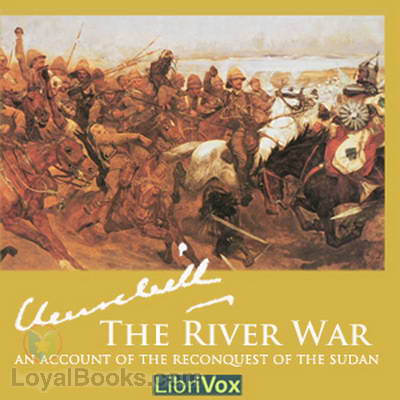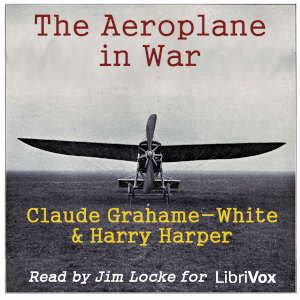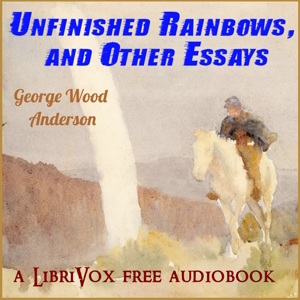Description
By: Winston Churchill (1874-1965)
The River War is a comprehensive and engaging account of the reconquest of the Sudan by Winston Churchill. In this book, Churchill provides a detailed and insightful examination of the political and military conflicts that took place during this period. His vivid descriptions and analysis of the key players and events make for a compelling read.
Churchill’s writing style is both informative and engaging, as he expertly weaves together historical facts with his own reflections and opinions. The depth of his research is evident throughout the book, as he provides a thorough understanding of the complexities of the Sudanese conflict.
One of the most impressive aspects of The River War is Churchill’s ability to bring the characters and events to life. He presents a balanced and nuanced portrayal of the different factions involved in the conflict, shedding light on their motivations and actions. His storytelling is captivating, drawing the reader in and keeping them engaged from start to finish.
Overall, The River War is a must-read for anyone interested in military history, politics, or the British Empire. Churchill’s thorough research, engaging writing style, and compelling narrative make this book a standout in the genre.
Book Description:
When the self-proclaimed Mahdi (“Guided One”) gathered Islamic forces and kicked the Anglo-Egyptians out of the Sudan, he unleashed a backlash. With the image of the heroic General Charles Gordon dying at Khartoum, the British public was ready to support a war to reclaim the lost territories. And when the political time was right, a British-Egyptian-Sudanese expedition led by the redoubtable Herbert Kitchener set out to do just that.
The river involved was the Nile. For millennia, its annual flood has made habitable a slender strip, though hundreds of miles of deserts, between its tributaries and its delta. Through this desolate region, man and beast struggled to supply the bare essentials of life. Though this same region, the expedition had to find and defeat an enemy several times larger than itself.
The young Churchill was hot to gain war experience to aid his career, and so he wangled a transfer to the 21st Lancers and participated in the last successful cavalry charge the world ever saw, in the climactic battle of Omdurman. He also had a position as war correspondent for the Morning Post, and on his return to England he used his notes to compose this book.











